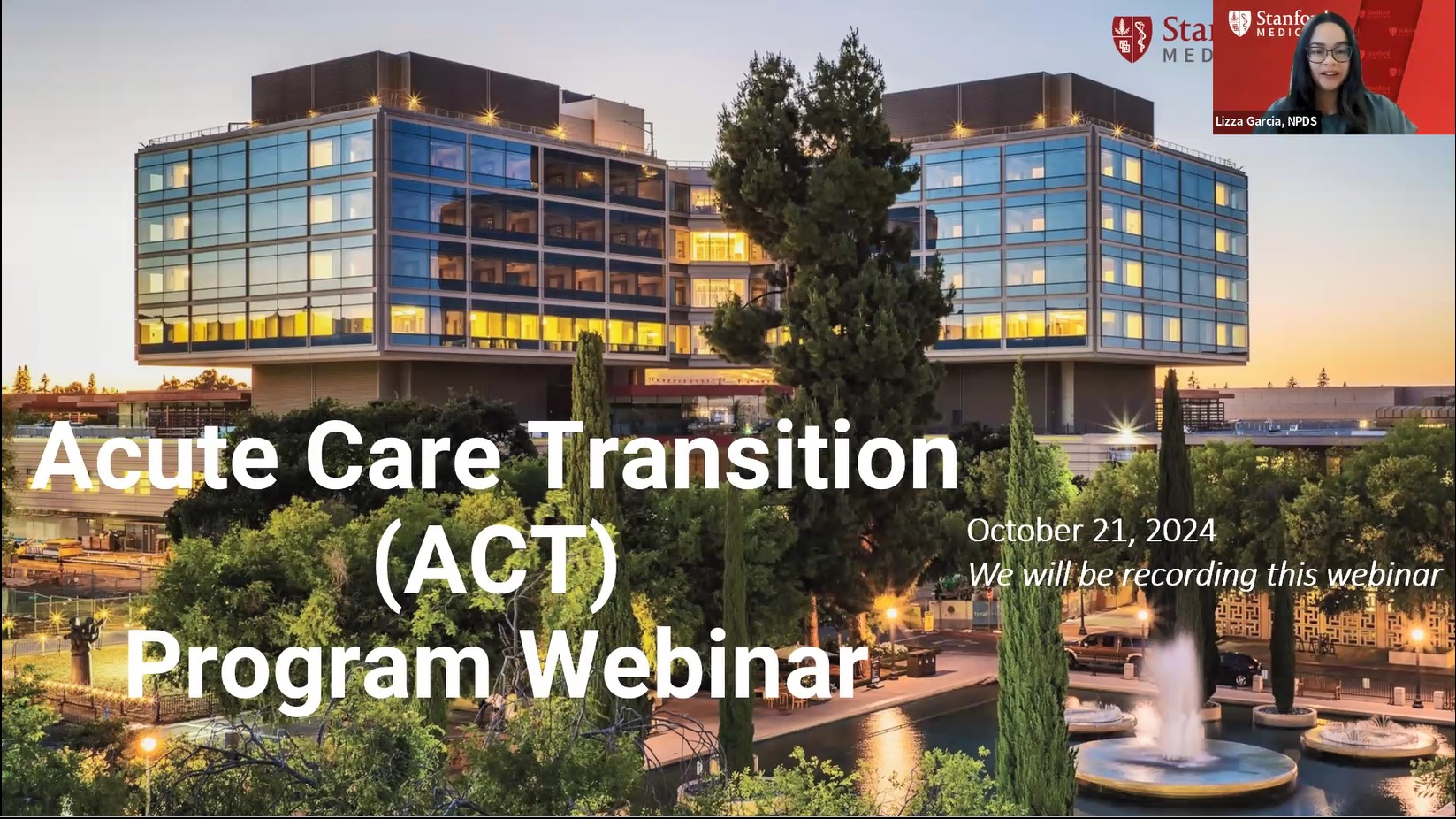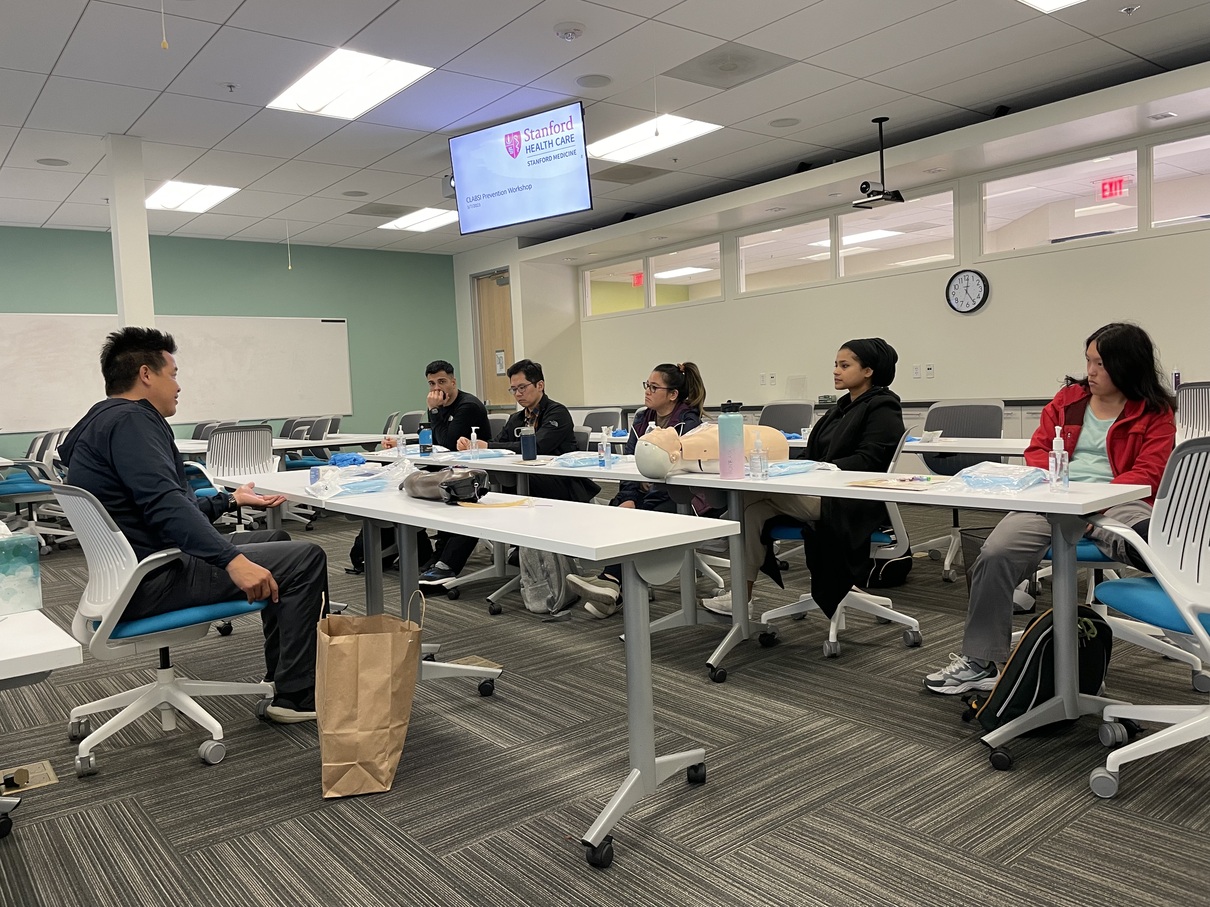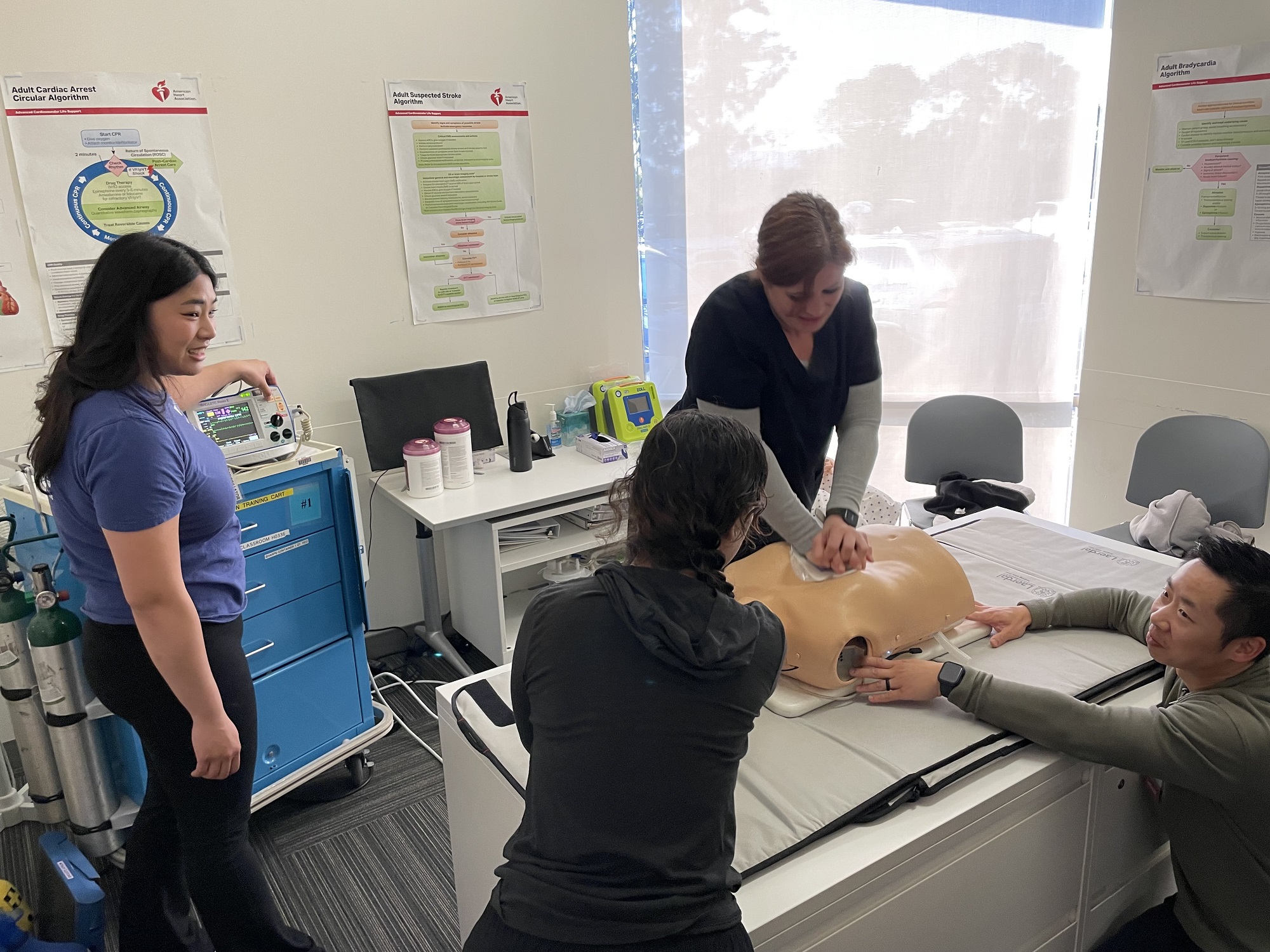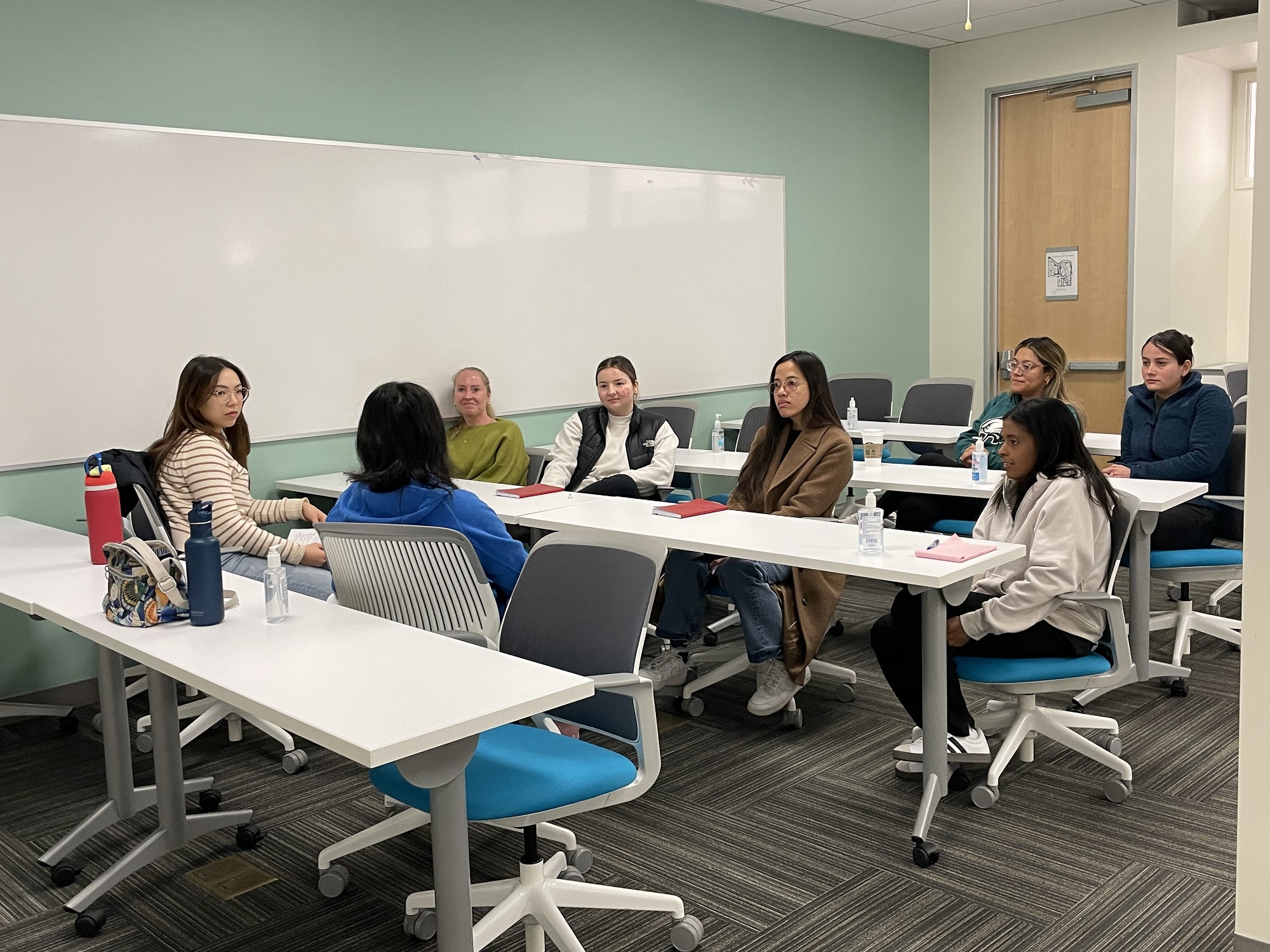
As an institution, we are driven by a commitment to diversity, equity, and inclusion and we were seeking an opportunity to discover the talented nurses who sought a pathway to transition into acute nursing care. The ACT program was developed to provide support, guidance, and recognition in a community that encourages success. The program combines didactic learning, on-unit orientation and preceptorship, simulations, and case studies that helps experienced nurses transition into an acute care specialty area. Just as we value each of our patients as individuals, we value each member of our staff as individuals with different origins and experience.







